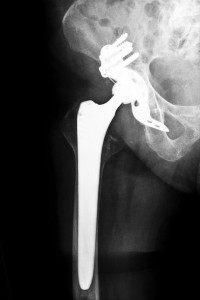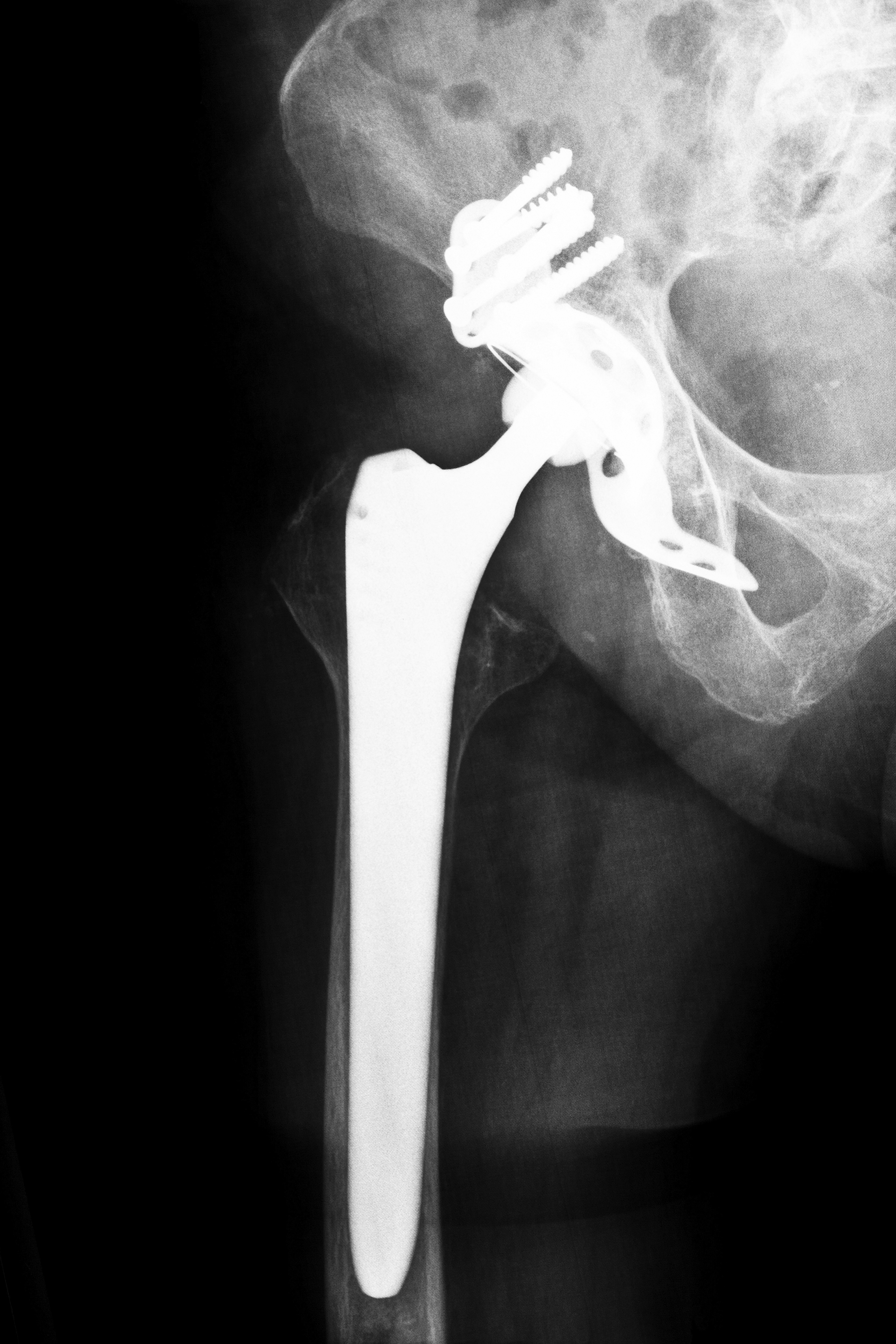Every time a new medical product comes out, there is the potential that it will not work like it is supposed to. Unfortunately, this was the case with Metal-on-metal or MoM hip replacements. Many Georgians who have received these devices have since regretted their decisions.
Metal-on-Metal Hip Replacements
 MoM hip replacements were designed to hold up to more wear and tear than other types of joint replacements. The idea was to give younger, more athletic people who required a joint replacement the freedom to behave as they used to. Unfortunately, this was not what happened.
MoM hip replacements were designed to hold up to more wear and tear than other types of joint replacements. The idea was to give younger, more athletic people who required a joint replacement the freedom to behave as they used to. Unfortunately, this was not what happened.
One major issue that occurs with MoM hip replacements is metallosis, which is essentially a localized or systemic form of heavy metal poisoning. A secondary problem that occurred was that the implants simply did not hold up as they were supposed to. One model had to be recalled after it required many times the expected revision rate. Even those that are still on the market appear to need revision three to six times more often than they were projected to.
Metallosis occurs because the ball and socket of a MoM device are both made of metal. When they rub together, tiny pieces of metal come off. The metal can accumulate in the area of the joint and cause a localized reaction, or it can get into the bloodstream and cause a systemic reaction.
Localized reactions commonly include swelling and pain in the affected joint. Systemic reactions can involve everything from the skin to the brain. Rashes and depression are examples of the symptoms possible with systemic metallosis.
Exposure to heavy metals of some kinds is a known carcinogen. This includes exposure to some kinds of metals that are found in hip replacement implants, albeit in a different form. Because metallosis is a sure sign that some patients with MoM hip replacements are being poisoned by their implants, people wanted to know whether they were going to be at an increased risk for cancer, as well.
MoM Hip Replacements and Cancer Risks
A study was done in Britain to look for evidence that MoM hip replacements might be carcinogenic. What they found was worrisome for Georgians and others who have these devices. An increased risk for all cancers might be present in patients with MoM hip implants, and this risk could be up to 5 percent higher than normal.
Additionally, some cancers seemed to show up more often in MoM patients. The study found that two types of skin cancers, basal cell carcinoma and cutaneous melanoma, as well as prostate cancer, were more common in MoM hip replacement patients. A previous study cited cancers of the bladder and kidney as possible results of MoM implants as well.
The State of MoM Implants
Currently, there are no plans to ban MoM hip implants in Georgia or any other state. The devices are under close scrutiny for failing to hold up the way that they should, but there appears to be little being done about the other risks they may pose. The FDA claims that metallosis is a minor concern for most people and that no further screening is necessary for patients who do not have any symptoms. If you have been the recipient of a metal-on-metal hip replacement and wish to know your rights, contact Attorney Group for Georgia today.






